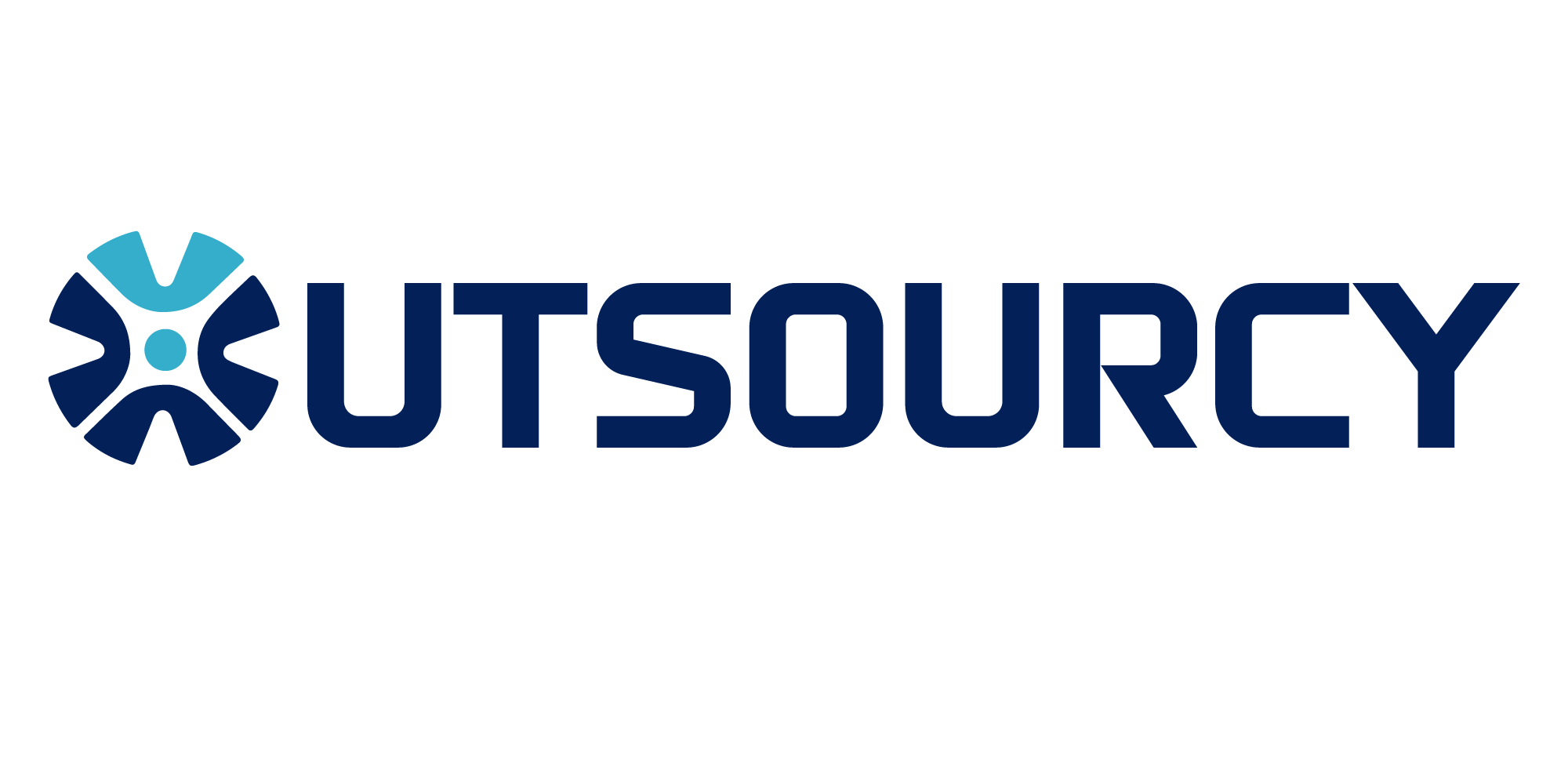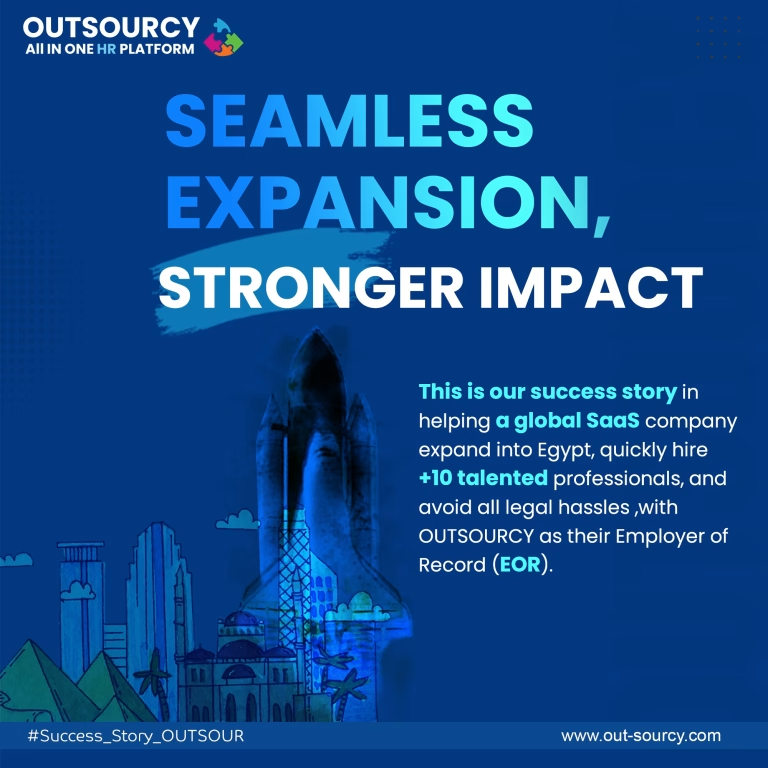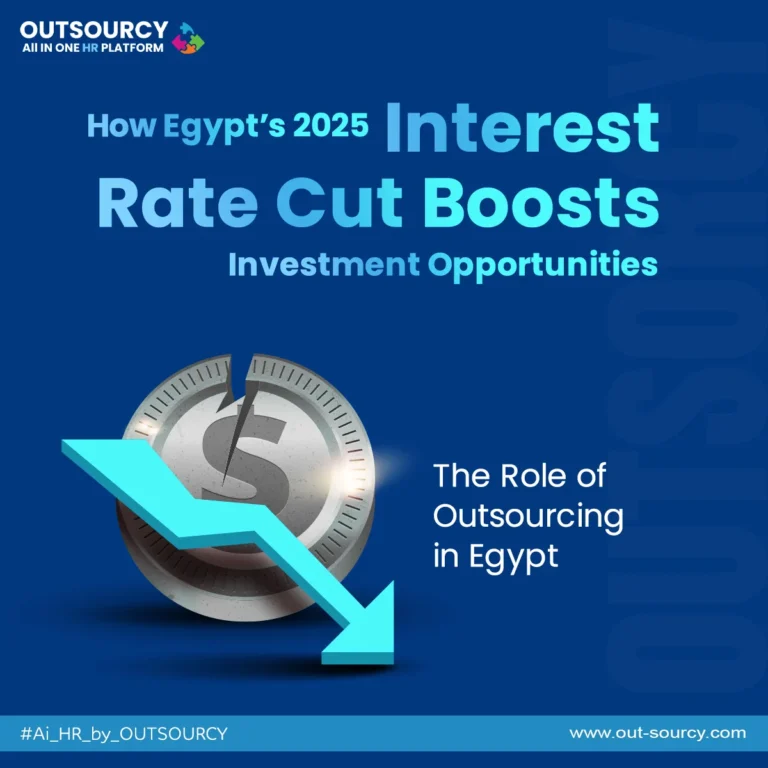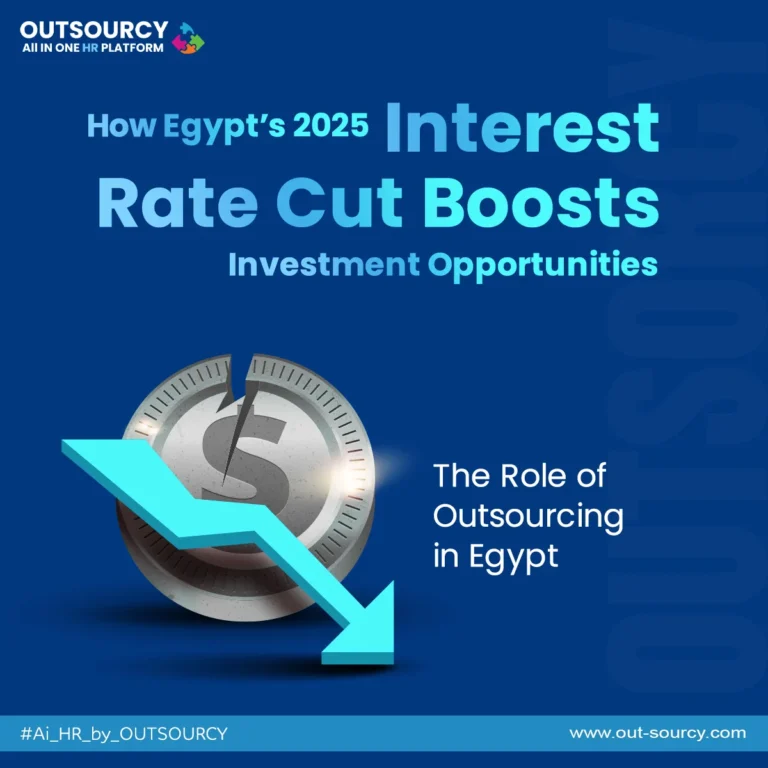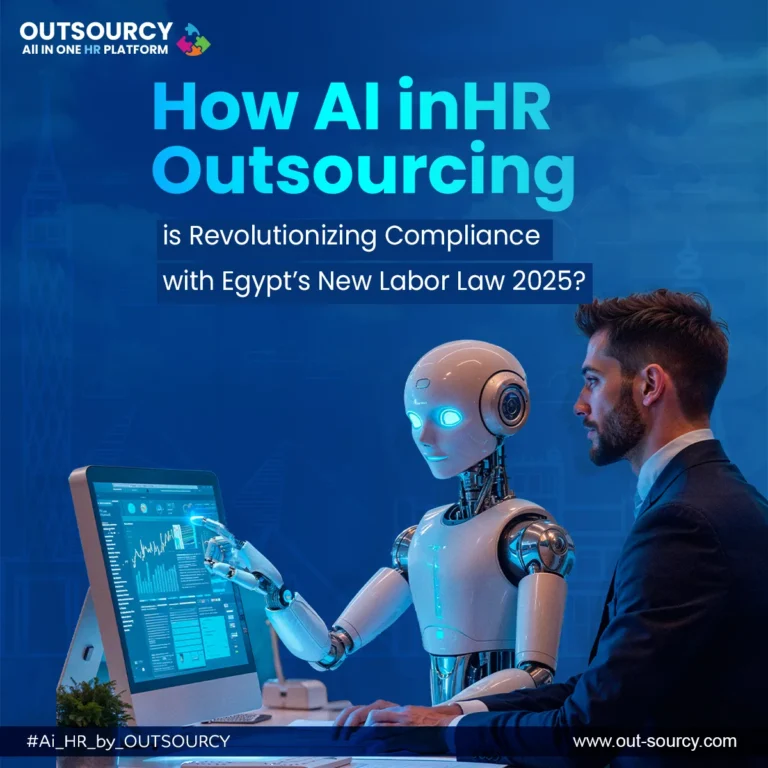Amid Egypt’s rapid economic transformations, the government introduced Egyptian Labor Law Amendments 2025 No. 14 of 2025, effective from September 1, 2025, replacing the previous Laws No. 12 of 2003 and No. 125 of 2010. This legislation marks a strategic step to modernize the labor legal framework, addressing challenges posed by digitalization, non-traditional employment, and global economic pressures. According to international reports, the new Labor Law No. 14 of 2025 aims to boost Egypt’s investment attractiveness while safeguarding workers’ rights, making it a key reference for business owners seeking to maximize financial returns in a competitive market. For the full text of the law, refer to the official document from the Ministry of Manpower.

Egyptian Labor Law Amendments 2025
Key Amendments in the Egyptian Labor Law 2025 and Alignment with the International Labour Organization (ILO)
- Extended Maternity Leave: Maternity leave has been extended from three to four months, available three times during employment, enhancing protections for working mothers.
- Introduction of Paternity Leave: A new two-week paternity leave has been introduced, promoting gender equality in family responsibilities.
- Extended Annual Leave: Annual leave has been increased from six to seven days, improving work-life balance.
- Reduced Working Hours for Pregnant Women: The law allows pregnant women to reduce daily working hours by one hour, ensuring their health and safety.
- Indefinite Contracts as Default: Indefinite-term contracts are now the default, providing greater job stability for workers and flexibility for businesses.
- Reduced Social Insurance Contributions: Companies’ social insurance contributions have been lowered from 1% of profits to 0.25% of the minimum social wage, easing financial burdens while preserving workers’ rights.
- Compliance with ILO Conventions: These amendments align significantly with ILO conventions, particularly Convention No. 183 on maternity protection, No. 156 on workers with family responsibilities, and No. 102 on social security, promoting gender equality and protecting workers from discrimination. This brings Egypt closer to international standards, supporting work-life balance and reducing female resignation rates by up to 15%. For more details on the alignment of Egypt’s Labor Law with ILO standards 2025, see the official ILO report.
Are the Changes in Labor Law No. 14 of 2025 Positive or Negative? Expert Opinions and Impact on the Labor Market
The changes in the 2025 Labor Law present a mix of advantages and drawbacks, with an overall positive impact on Egypt’s labor market.
On the positive side, experts from SHRM and Lockton praise the law for enhancing job stability by expanding social insurance coverage to include freelancers and remote workers, contributing to a reduction in unemployment from 6.3% to 6.1% in Q2 2025, according to a Jurist report. It also reduces labor disputes by 20% through effective dispute resolution mechanisms, boosting efficiency and attracting foreign investment. However, experts from Untoldmag and APS warn that the law reduces wage protections for 60.5% of workers by tying increases solely to the minimum wage and restricts strikes in some cases, potentially exposing vulnerable workers to exploitation amid inflation.
Nevertheless, the overall impact is expected to drive labor market growth by 5-7% annually, with increased productivity and a 10% rise in female participation, making Egypt’s market more competitive regionally, particularly in the context of the impact of the 2025 Labor Law amendments on Egypt’s labor market.
Comparing Egypt’s Current Labor Laws with Global Standards: Are We Keeping Pace with Modernity?
Compared to previous Egyptian labor laws (e.g., the 2003 law, which lacked recognition of digital work), the 2025 law represents significant progress toward aligning with global standards, particularly ILO conventions ratified by Egypt since 1936. While older laws focused on traditional contracts without protections for remote work, the new law recognizes freelancing and digital platforms, similar to the European Union’s 2023 Remote Work Directive and the updated U.S. FLSA. According to an ILO report, Egypt now complies with 80% of international labor agreements on equality and safety, up from 60%, with protections for foreign workers and reduced discrimination.
This alignment reflects a modern society supporting digitalization and diversity but still needs improvements in automatic wage increases to match standards in countries like Germany or Canada, positioning Egypt closer to advanced emerging economies like India and Brazil. For a detailed analysis, refer to Deloitte’s report.
Positive Benefits of the 2025 Egyptian Labor Law Amendments for Employers
The 2025 Egyptian Labor Law amendments offer direct benefits to employers, enhancing their ability to maximize financial returns. Key benefits include reducing social insurance contributions to 0.25% of the minimum wage, saving large companies millions of pounds annually and cutting operational costs by up to 75%, according to an EY report. The flexibility of indefinite-term contracts allows easier condition adjustments, reducing legal dispute risks and enabling rapid adaptation to market changes. Additionally, the law encourages investment in mandatory training, boosting worker productivity by 20-30% through digital skills and reducing resignation rates, ensuring smooth operations and increased profitability amid economic pressures, particularly in the context of the impact of the 2025 Labor Law on Egyptian employers.
Importance of HR Outsourcing in Egypt 2025 and Its Benefits
HR outsourcing has become essential in Egypt following the enforcement of the 2025 Labor Law, offering an ideal solution for rapid compliance and adaptation to new regulations like expanded leaves and reduced social insurance. According to a Statista report on Egypt’s BPO market, the business process outsourcing market is valued at $523.2 million in 2025, with an 8.63% compound annual growth rate until 2030, driven by a skilled, multilingual workforce of 250,000 full-time employees.
Benefits of HR outsourcing in Egypt include 40-60% reductions in operational costs compared to direct hiring, comprehensive HR management, and technical and digital marketing support, allowing businesses to focus on core operations. In the context of the new law, outsourcing helps avoid risks like fines for non-compliance with insurance or leave requirements, where illegal hiring is prohibited, per a Soliman, Hashish & Partners report. Without HR outsourcing, employers face high risks, such as legal disputes costing hundreds of thousands of pounds, 50% higher administrative costs, and limited access to global talent, hindering growth in a competitive market. Papaya Global’s analysis indicates that companies partnering with HR outsourcing saw a 30% efficiency increase, making it a strategic investment for maximizing profitability.
For additional statistics, see Tawzef’s report on HR outsourcing benefits.
Risks of Not Outsourcing HR Under the New Labor Law
Under the new Labor Law No. 14 of 2025, employers who do not opt for HR outsourcing face significant risks that could threaten business continuity. Key risks include hefty fines, reaching up to EGP 100,000 per violation for non-compliance with expanded leave or reduced social insurance requirements, leading to losses of millions annually for large companies, according to a Jobzella report. Non-outsourcing also increases labor dispute risks, which have risen by 25% in non-compliant companies due to challenges in managing indefinite contracts and mandatory training, disrupting operations and reducing productivity
. Additionally, it limits access to a skilled workforce, particularly in new digital work models, reducing competitiveness in a BPO market growing at 8.63%. According to BIEOBS analyses, this could increase administrative costs by 50% and lead to lost investment opportunities, making the risks of not outsourcing HR under the new Labor Law a real threat to sustainable growth.
Importance of HR Outsourcing and How It Benefits You
HR outsourcing is a critical partner that protects and grows your business under the 2025 Labor Law, offering comprehensive services like full compliance with leave and insurance requirements, reducing costs by 50% and shielding you from fines up to EGP 100,000 per violation, per a Jobzella report. It provides access to a professional, multilingual workforce at a low cost, boosting productivity and maximizing financial returns through efficient operations without administrative burdens.
Without HR outsourcing, you face significant risks like labor disputes, which have risen by 25% in non-compliant companies, additional training and insurance costs, and lost investment opportunities in the growing BPO market. Ultimately, HR outsourcing is not just a service provider but a guarantee of sustainable growth and profitability, as evidenced by Egyptian companies achieving a 40% revenue increase after partnering, making it indispensable for ambitious business owners, especially with HR outsourcing companies in Egypt 2025. For more on benefits and risks, see the BIEOBS article.
Outsourcy: Your Partner for HR Outsourcing Success in Egypt 2025
Outsourcy stands out as a leading HR outsourcing provider in Egypt, offering tailored solutions to help businesses navigate the complexities of the 2025 Labor Law while maximizing efficiency and profitability. With a comprehensive online hiring platform, Outsourcy connects employers with a pool of skilled, multilingual talent, streamlining recruitment processes and ensuring compliance with new regulations, such as expanded leaves and reduced social insurance contributions. Their services include payroll management, recruitment process outsourcing, Manpower Outsourcing, and HR consulting, enabling companies to reduce operational costs by 40-60% compared to in-house hiring, while avoiding fines up to EGP 100,000 for non-compliance.
Outsourcy’s tech-driven approach, leveraging AI-enhanced HR solutions, ensures seamless management of employee relations, benefits administration, and compliance with local labor laws, allowing businesses to focus on core operations. By partnering with Outsourcy, employers gain access to a trusted ally that enhances workforce productivity, reduces administrative burdens, and drives sustainable growth in Egypt’s competitive market. For more details, visit Outsourcy’s official website.
